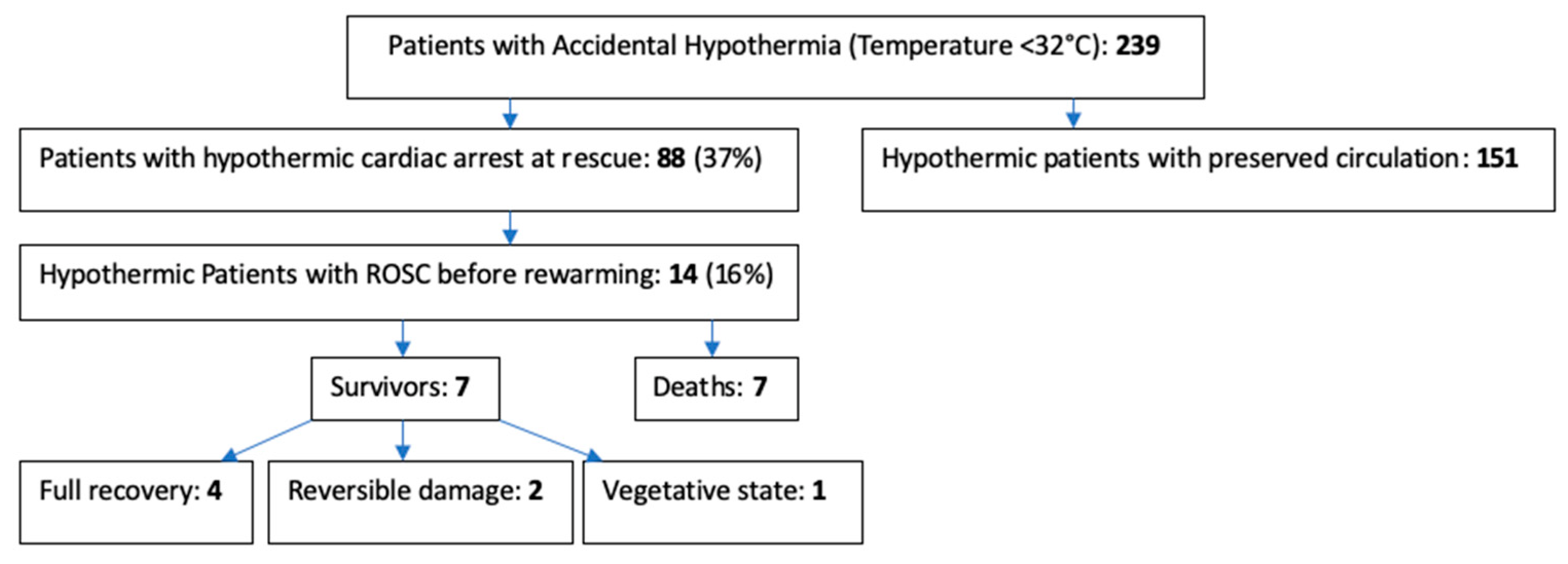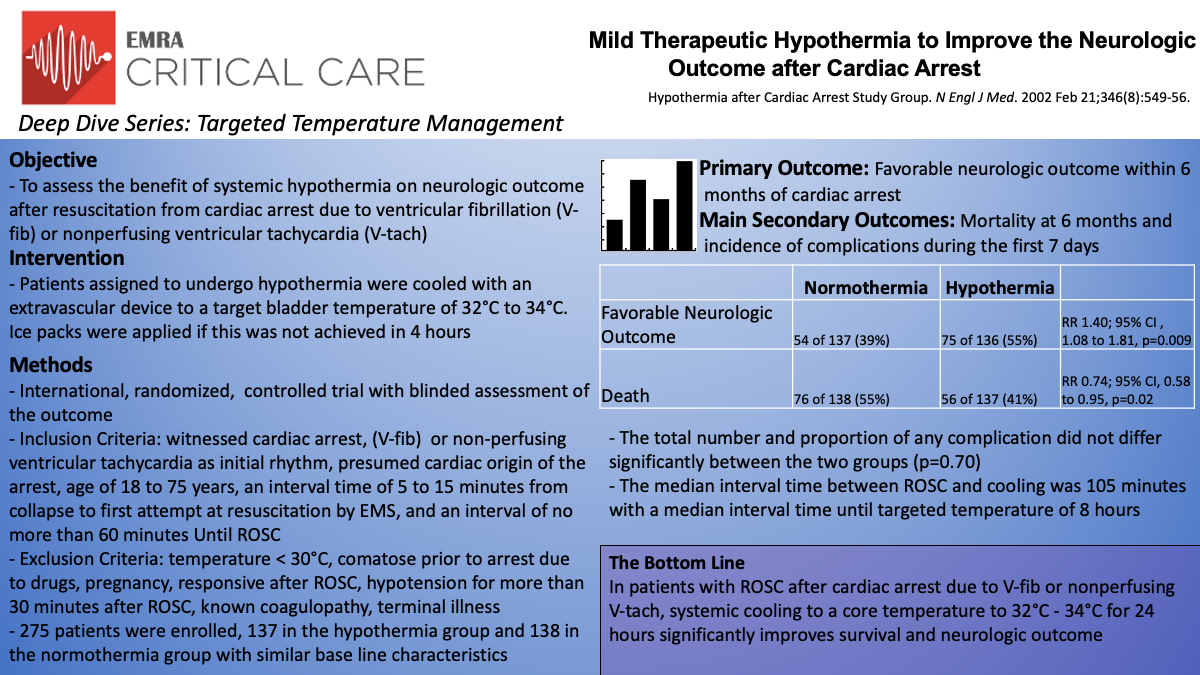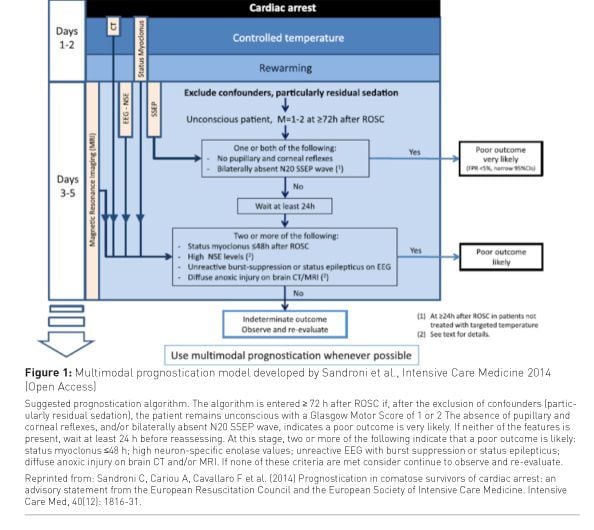Hypothermia Protocol After Cardiac Arrest - For patients who have suffered pea or asystolic arrests, if it is judged by the attending that continuation of the. Therapeutic hypothermia or targeted temperature management (ttm) following cardiac arrest has been shown to attenuate neurologic damage.
For patients who have suffered pea or asystolic arrests, if it is judged by the attending that continuation of the. Therapeutic hypothermia or targeted temperature management (ttm) following cardiac arrest has been shown to attenuate neurologic damage.
For patients who have suffered pea or asystolic arrests, if it is judged by the attending that continuation of the. Therapeutic hypothermia or targeted temperature management (ttm) following cardiac arrest has been shown to attenuate neurologic damage.
IJERPH Free FullText Successful PreRewarming Resuscitation after
Therapeutic hypothermia or targeted temperature management (ttm) following cardiac arrest has been shown to attenuate neurologic damage. For patients who have suffered pea or asystolic arrests, if it is judged by the attending that continuation of the.
Timing of inducing therapeutic hypothermia in patients successfully
For patients who have suffered pea or asystolic arrests, if it is judged by the attending that continuation of the. Therapeutic hypothermia or targeted temperature management (ttm) following cardiac arrest has been shown to attenuate neurologic damage.
Targeted Temperature Management in Postresuscitation Care After
For patients who have suffered pea or asystolic arrests, if it is judged by the attending that continuation of the. Therapeutic hypothermia or targeted temperature management (ttm) following cardiac arrest has been shown to attenuate neurologic damage.
Targeted Temperature Management Deep Dive Into the Evidence EMRA
Therapeutic hypothermia or targeted temperature management (ttm) following cardiac arrest has been shown to attenuate neurologic damage. For patients who have suffered pea or asystolic arrests, if it is judged by the attending that continuation of the.
Therapeutic Hypothermia for Cardiac Arrest
For patients who have suffered pea or asystolic arrests, if it is judged by the attending that continuation of the. Therapeutic hypothermia or targeted temperature management (ttm) following cardiac arrest has been shown to attenuate neurologic damage.
Therapeutic Hypothermia After Cardiac Arrest Circulation
Therapeutic hypothermia or targeted temperature management (ttm) following cardiac arrest has been shown to attenuate neurologic damage. For patients who have suffered pea or asystolic arrests, if it is judged by the attending that continuation of the.
Targeted Temperature Management in Postresuscitation Care After
For patients who have suffered pea or asystolic arrests, if it is judged by the attending that continuation of the. Therapeutic hypothermia or targeted temperature management (ttm) following cardiac arrest has been shown to attenuate neurologic damage.
Therapeutic Hypothermia After Cardiac Arrest Circulation
Therapeutic hypothermia or targeted temperature management (ttm) following cardiac arrest has been shown to attenuate neurologic damage. For patients who have suffered pea or asystolic arrests, if it is judged by the attending that continuation of the.
Therapeutic Hypothermia After Cardiac Arrest Circulation
Therapeutic hypothermia or targeted temperature management (ttm) following cardiac arrest has been shown to attenuate neurologic damage. For patients who have suffered pea or asystolic arrests, if it is judged by the attending that continuation of the.
Therapeutic Hypothermia Or Targeted Temperature Management (Ttm) Following Cardiac Arrest Has Been Shown To Attenuate Neurologic Damage.
For patients who have suffered pea or asystolic arrests, if it is judged by the attending that continuation of the.









